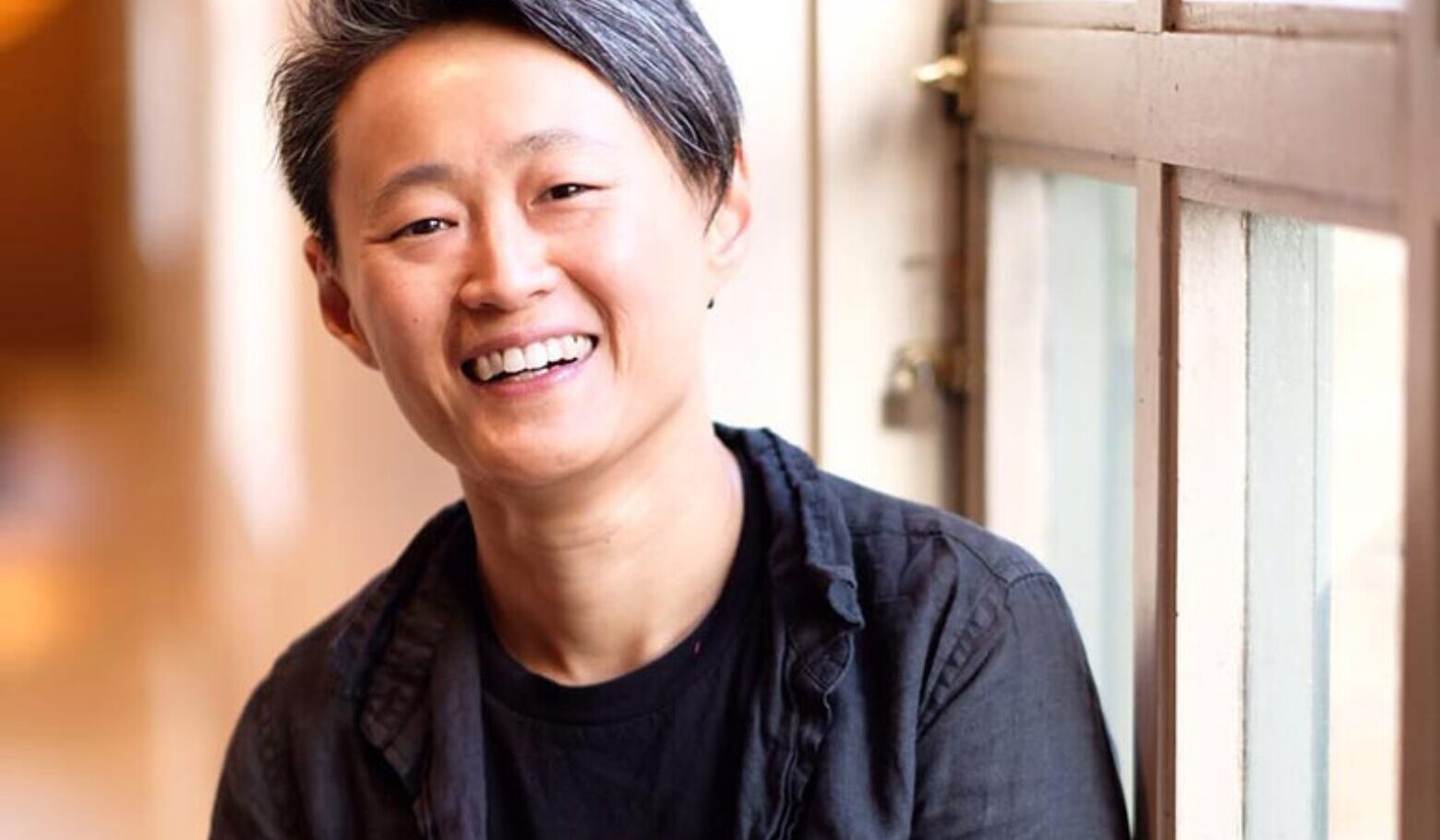Audrey Hoo: Navigating Theater’s Challenge

Welcome to a special encore presentation of the StageLync Podcast! In this episode, we’re excited to feature Audrey Hoo, Director of Production at the Tony Award-winning Berkeley Repertory Theatre. Audrey takes us through her journey from Singapore to the U.S., offers insights into global theatre production, and shares her passion for problem-solving and storytelling in the arts. Stay tuned—the full episode will be released next Monday!
How did Audrey Hoo transition from Singapore to the U.S. to pursue a career in theater production management?
Audrey’s journey into theater was serendipitous. She began in Singapore as part of a stage crew during a break between A-levels. Her transformative experience with the immersive play Broken Birds inspired her passion for theater. After working with various companies in Singapore, she sought to deepen her technical expertise. The U.S. was the only country offering an MFA in Technical Direction, leading her to study at the University of North Carolina School of the Arts. She described her career as a series of “open doors,” which she followed to build her expertise and stay in the U.S.
How does the role of a production manager differ across countries, and what are the key differences in the U.S. theater system?
Audrey explained that production management roles vary significantly worldwide. In the U.S., the system emphasizes specialization, influenced by the Ford factory model, which contrasts with the generalist approach of the British or Australian systems. For instance, British stage management involves distinct roles like a Deputy Stage Manager (DSM), who focuses solely on calling the show, while in the U.S., a Production Stage Manager handles both department oversight and calling cues, which Audrey finds overwhelming. She also noted that American theaters often provide better wages and recognition but lack the generalist knowledge prevalent in other systems.
What challenges does the American theater industry face, and how are these affecting the workforce and productions?
Audrey highlighted several crises affecting American theater, including the pandemic, inflation, and environmental factors like wildfires. These issues have reduced audience confidence and increased operational costs, such as skyrocketing material prices. Nonprofit theaters that received temporary relief from government grants during the pandemic are now struggling without continued support. Additionally, societal issues like the high cost of living and lack of accessible healthcare make it hard for technicians and artists to sustain their careers. Audrey called for more equitable pay and greater societal value placed on the arts.
What does a production manager’s role entail, and how does Audrey approach her responsibilities?
Audrey described production management as a mix of solving technical and logistical challenges while facilitating collaboration among departments and artists. She acts as a bridge between artistic vision and technical feasibility, often helping artists refine their ideas within budgetary constraints. For instance, she once worked on a show requiring scuba diving training for an actor and another involving a tensioned net above the audience. Audrey also emphasized the importance of telling the behind-the-scenes stories to patrons, ensuring they understand the craftsmanship and effort involved in productions.
What would Audrey change about the theater industry, and what keeps her passionate about her work?
Audrey wishes for greater financial stability for theater companies and workers, alongside broader societal appreciation for the arts. She advocates for fair pay, work-life balance, and increased diversity and equity within the industry. Her passion stems from the dynamic nature of her job, where every project presents unique puzzles to solve, and the joy of collaborating with talented artists. Moments like witnessing audience reactions to a performance reaffirm her dedication to storytelling and the creative process.
Key Takeaways from the Podcast
- A Path Defined by Serendipity
Audrey’s accidental entry into theater blossomed into a global career, emphasizing the power of transformative experiences. - Global Perspectives on Theater Management
Variations in theater systems across countries highlight the benefits of both specialization and generalist approaches. - Industry Challenges and Resilience
The U.S. theater industry faces systemic issues, including funding inequities, inflation, and audience retention, requiring innovative solutions and advocacy. - The Multifaceted Role of Production Managers
Balancing artistic vision, technical execution, and team collaboration defines the core of production management. - Advocacy for Equity and Balance
Audrey calls for systemic changes to improve financial stability, diversity, and work-life balance in the arts industry.
Featured Image: Courtesy of Law Kian Yan
Editor's Note: At StageLync, an international platform for the performing arts, we celebrate the diversity of our writers' backgrounds. We recognize and support their choice to use either American or British English in their articles, respecting their individual preferences and origins. This policy allows us to embrace a wide range of linguistic expressions, enriching our content and reflecting the global nature of our community.
🎧 Join us on the StageLync Podcast for inspiring stories from the world of performing arts! Tune in to hear from the creative minds who bring magic to life, both onstage and behind the scenes. 🎙️ 👉 Listen now!

